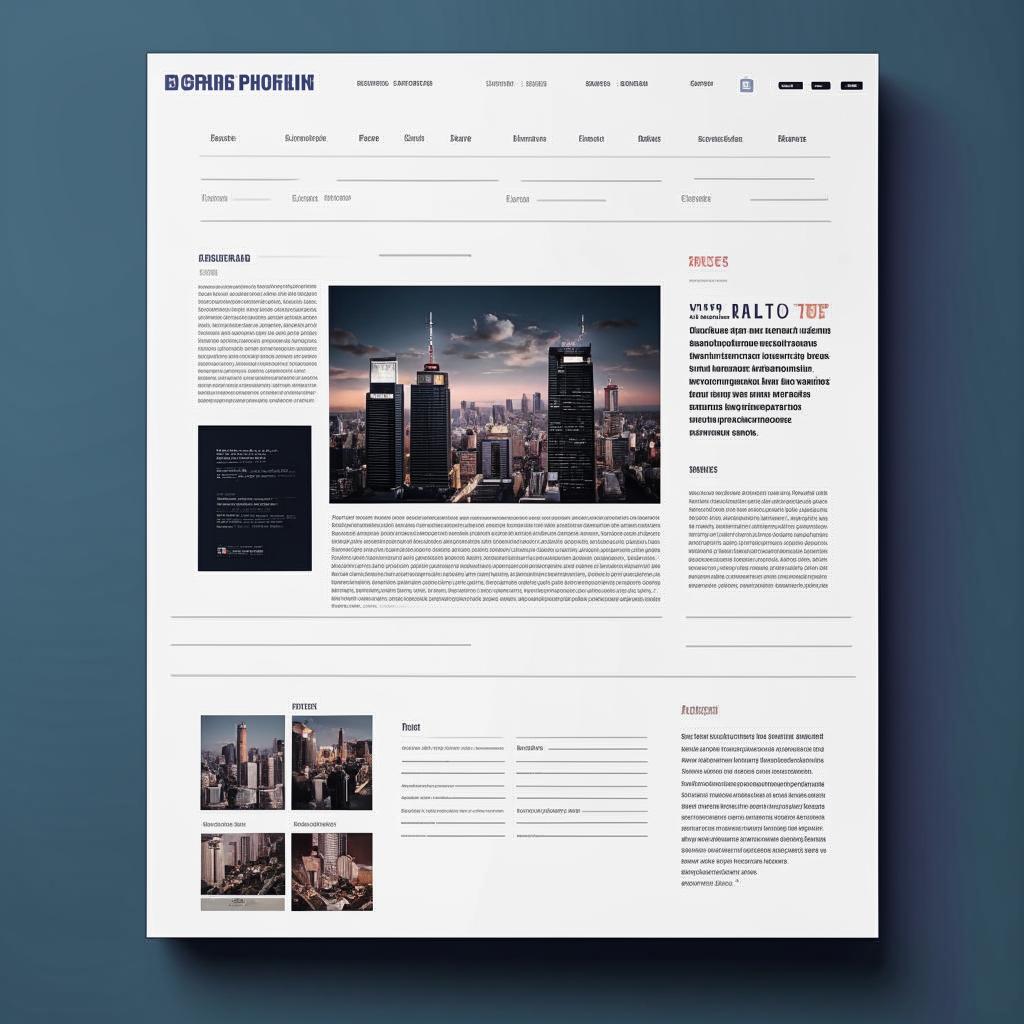In recent years, remote work has transitioned from a rare perk to a standard practice for many companies around the globe. The COVID-19 pandemic accelerated this shift, forcing businesses to adapt to a new way of operating. As we move forward, it’s clear that remote work is not just a temporary solution but a significant redefinition of the workplace.
One of the most notable benefits of remote work is the flexibility it offers employees. Many workers appreciate the ability to create their own schedules, which can lead to increased job satisfaction and productivity. According to a recent survey, over 70% of remote workers reported feeling more productive when working from home, citing fewer distractions and a more comfortable environment as key factors.
However, this shift also presents challenges. Companies must find new ways to maintain team cohesion and communication. Virtual meetings and collaboration tools have become essential, but they can’t fully replicate the spontaneous interactions that occur in a physical office. As a result, businesses are investing in team-building activities and regular check-ins to foster a sense of community among remote employees.
Moreover, the remote work trend is reshaping talent acquisition. Companies are no longer limited by geographical boundaries, allowing them to tap into a global talent pool. This has led to increased competition for skilled professionals, as businesses strive to attract and retain top talent.
As we look to the future, it’s clear that remote work will continue to play a significant role in the employment landscape. Organizations that embrace this change and adapt their strategies accordingly will not only survive but thrive in this new era of work.
